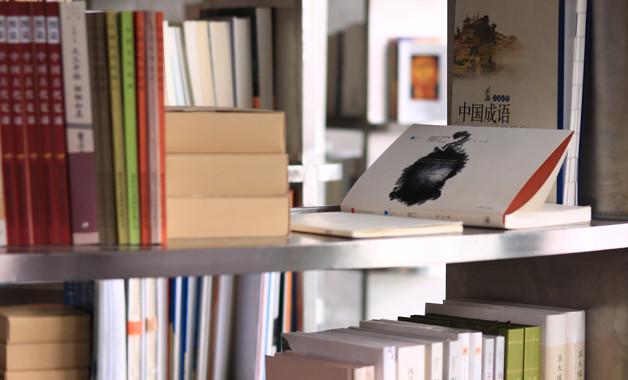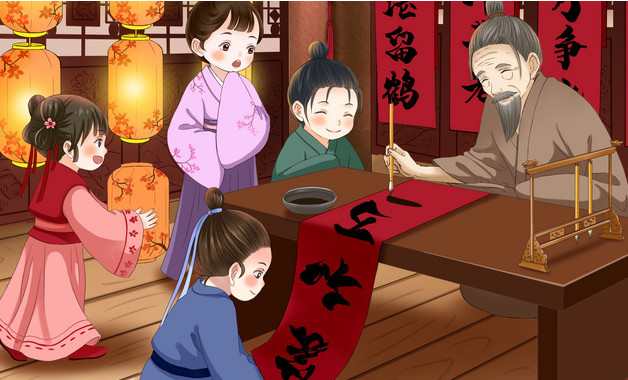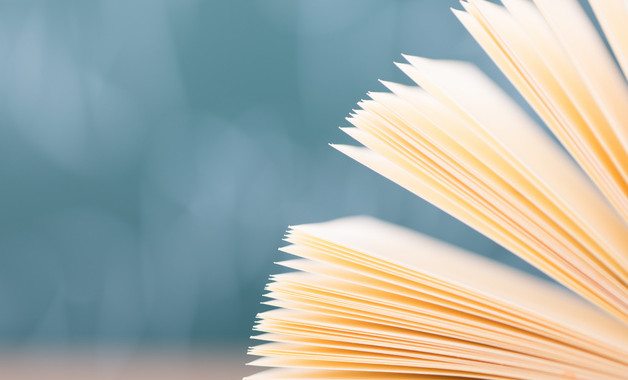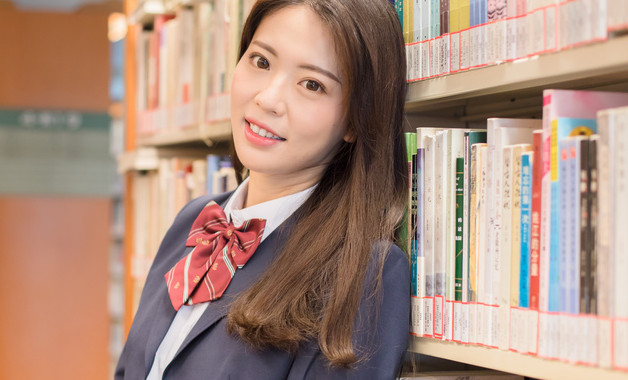spring festival, also known as chinese new year, is the most significant festival in china. it marks the end of the lunar year and the beginning of a new one. this festival is a time for family reunions, feasting, and joyous celebrations. for me, it's not just about the fireworks or the red envelopes filled with money, but it's the warmth and love that fills the air.
during the days leading up to spring festival, my family busies itself with cleaning the house, preparing delicious foods, and decorating with red lanterns and couplets. i remember last year, i tried to help mom make dumplings, but my clumsy hands couldn't quite shape them properly. they looked more like lumpy blobs than delicate crescents. mom laughed and said, 'practice makes perfect, dear.' that's the thing about spring festival, even our mistakes turn into cherished memories.
on new year's eve, we gather around the table for a feast, each dish carrying its own symbolic meaning. fish, because 'fish' sounds like 'abundance' in chinese, signifies prosperity. jiaozi, those misshapen dumplings i made, symbolize wealth and unity. after dinner, we watch the cctv new year's gala on tv, though sometimes the jokes are a bit hard to understand, but we all laugh together anyway.
the next morning, we wake up early to exchange greetings and wishes for the new year. i always struggle to remember all the auspicious phrases, but my grandparents smile kindly and pat my head, saying it's the thought that counts. then we set off firecrackers, the loud bangs driving away any bad luck from the past year.
spring festival is a time of traditions, but it's also a time of personal stories. the imperfections, the laughter, and the love are what make it so special. it's a celebration of who we are and where we come from. it's a reminder of the importance of family, no matter how far we roam.
老師評語:
your essay captures the essence of spring festival well, but there are a few areas for improvement. in the paragraph about making dumplings, you might want to clarify the sequence of events more clearly. also, the transition between the new year's eve feast and the morning rituals could be smoother.
內容亮點:
your personal narrative adds a touch of authenticity to your essay. the description of making dumplings and struggling with traditional phrases showcases the human element in the celebration.
優(yōu)化參考:
consider elaborating on the process of making dumplings and the atmosphere during the feast. a smoother transition between paragraphs would enhance the flow of the narrative.
批改后作文
spring festival, china's new year, is a time of familial reunion and heartfelt merriment. as the lunar year draws to a close, our home transforms into a bustling hub of preparation. the aroma of cooking wafts through the air, and i attempt, albeit clumsily, to assist my mother in crafting dumplings. each imperfect fold and squishy shape brings laughter, turning my culinary flops into memorable anecdotes.
new year's eve dinner is a culinary spectacle, with dishes brimming with symbolism. the fish, its name echoing 'abundance,' and my slightly deformed jiaozi, symbolizing wealth and unity, grace our table. afterward, we share a communal laugh watching the annual cctv gala, the humor transcending comprehension yet unifying us in amusement.
the dawn of new year's day brings fresh greetings and wishes. despite fumbling over the auspicious phrases, the warmth of my grandparents' encouragement makes up for my lack of fluency. then, the explosive symphony of firecrackers signals the start of a new cycle, casting away the vestiges of the past.
spring festival is a tapestry woven with tradition and personal narratives. its charm lies in the imperfections, the shared laughter, and the profound love that binds us. it's a celebration of identity, heritage, and the enduring value of familial bonds.
作文寫作素材:
閱讀參考
to further enhance your writing, consider exploring classic chinese literature like "a dream of red mansions" for cultural insights, or reading essays by lu xun for a deeper understanding of chinese traditions. studying the works of mo yan could provide inspiration for vivid storytelling, while revisiting chinese history lessons can enrich your knowledge of festival origins and customs.










